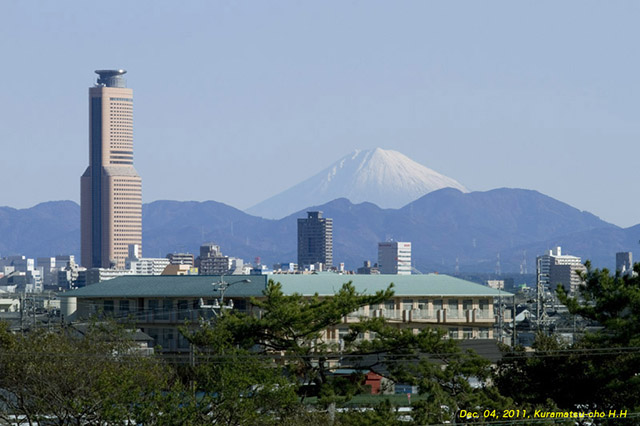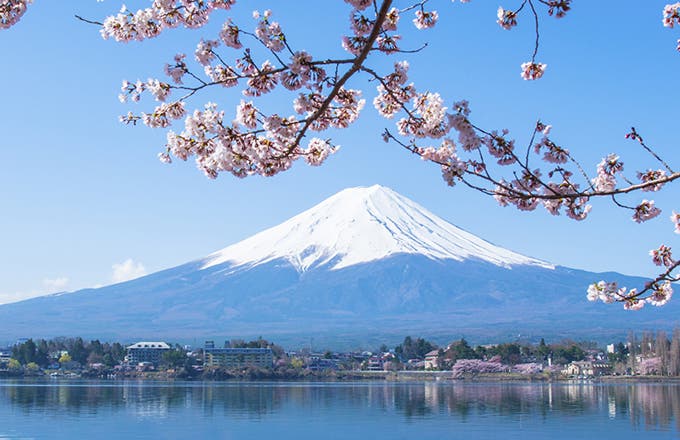 |
| credit: https://www.youtube.com |
It's been more than 2 months since I left Japan and returned to the Philippines. Just 3 days ago, my residence card expired. This means, I'm completely, irreversibly out of Japan.
I'm still looking for a job and still looking for an apartment. There are days when I get frustrated. I'm 30 and I'm jobless and homeless for the first time in my life. A few more weeks of being like this and I'll be broke. (Thankfully, I got a husband now to feed me at least.) It's also not easy reestablishing friendships so I mostly spend my days playing with my chubby niece.
There are just two things that I still have difficulty adjusting to. The public transportation in the Philippines sucks the energy out of me. Traffic is horrible, the buses are terrible and the train system is just pure horror. Whenever I take public transport, I miss Japan.
Then there's the lifestyle change due to economic reasons. I wasn't living grandly in Japan but my life was really comfortable. Back here is a different story.
All these things sound bleak but I'm actually okay most of the time. Surprisingly, I don't regret leaving Japan where I have an apartment, a job and friends. I'm happy to be in familiar surroundings. I'm happy that I can strike conversations with strangers. I'm happy I can easily get what I want from the supermarket. I'm happy I can attend church minus the Japanese translation. I'm happy I can have my favorite comfort food again. I'm happy to be back. And I'm saying this even though I don't have a job yet or a home. It just feels good to be home.
All the apprehensions I had before leaving were gone. I'm in the Philippines. I'm out of the orderly and comfortable Japan. And, I'm okay.
PS: This will be probably my last post on this blog. But if you still have questions that I can help you with, feel free to send me a message.
PPS. Someone asked me if I'm really homeless and jobless. In a way I'm jobless and homeless but not in a depressing way. I just had to find a job and a house when I moved back to the Philippines. It's like starting over again. :)

